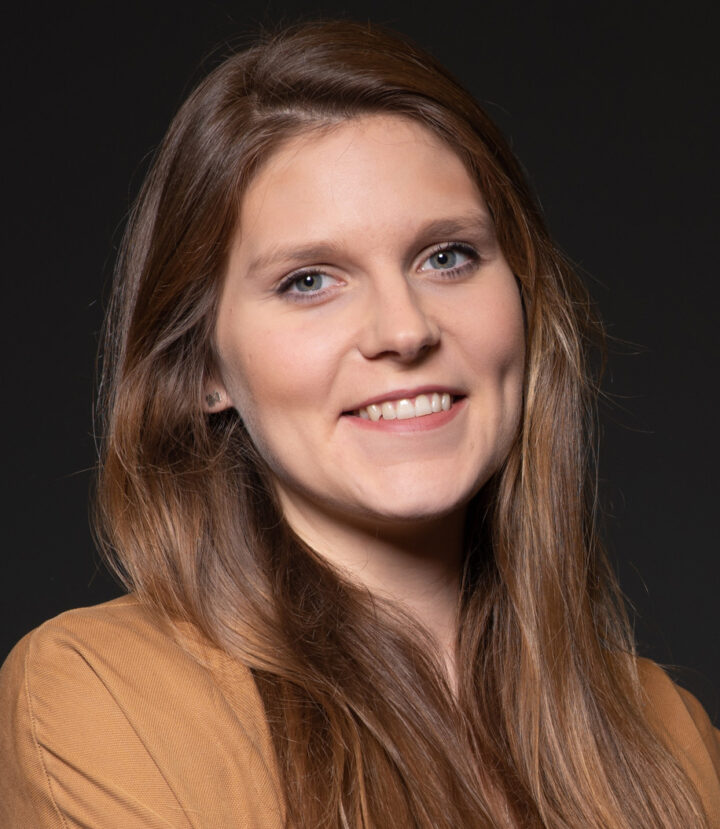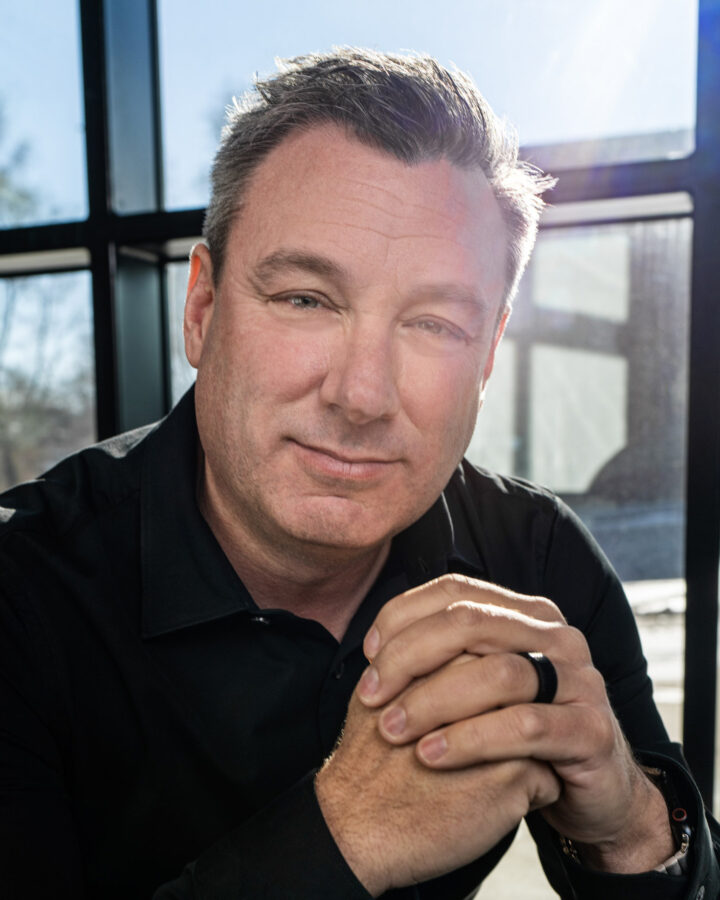
Interview with John Croll, CEO of Truescope, a media intelligence/CommTech company based in Australia.
Hi John, what is your background and what is included in your current role at Truescope?
I have been in the media intelligence industry for a very long time and the reason I get tagged as an industry “veteran”. For almost two decades I was the CEO of Media Monitors, later named Isentia, and led the growth of that business from a press clippings agency in Australia to an integrated media intelligence business operating in 11 international markets, with 1,200 employees and 5,000 clients by the time I resigned in 2018.
As the CEO of Truescope, which I co-founded two years ago with Truescope CTO Michael Bade, I’m working with some of the smartest, most experienced people to build a communications technology business across three countries focused on bringing new data and new services to the market.
At Truescope, the greatest challenges have been to manage our growth, launch in a number of countries in the middle of a pandemic, and prioritise which innovations and features to develop on the platform.
What differentiates Truescope from other media intelligence companies at the national and international level?
I believe that from the get-go, Truescope has been uniquely positioned due to the fact that we have people that are both technologically super-smart and who also really understand the communications technology and media intelligence industries.
We have been able to build a platform that is truly the next generation in our industry. We have our ear to the ground, listening to what communicators expect from a platform to be more efficient in their jobs now, but also further ahead, to bring them access to services and data they might not have even thought possible. So, we’re talking real-time insights, not just real-time information.
Being cloud-based, our technology architecture also means we can build new features quickly, based on client feedback, and deliver them every month, so speed is another key differentiator.
What are your greatest challenges ahead at Truescope when it comes to serving your customers and developing your services?
Access to new content channels that are relevant to clients has always, and continues to be, a challenge for the media intelligence industry.
Since we started two years ago, we have experienced rapid growth - particularly in the Singapore market where we were recently appointed to the panel for the whole of government contract and are rapidly picking up more new business - and enjoyed an excellent client response. Supporting that growth whilst continuing to maintain the highest service standards as we grow is always at the forefront of our minds.
Truescope is a fairly young company. From where do you see that your future growth will come and what is needed to succeed?
We are very young; Michael Bade and I joined together almost two and a half years ago and it was just us. Now there are 30 of us in the Truescope group working across three countries.
Our future growth will come as we expand into new markets and continue to focus on product development, delivering cutting-edge products that differentiate us from the legacy players and giving proof that media intelligence is developing into communications technology. Truescope is at the forefront of this.
Do you have any plans to release, or have recently released, any new technology-based solutions that will add to or improve the services you offer your clients?
When it comes to technology, Truescope believes that AI will continue to be the key to making meaning and predictions of huge volumes of data. We’re able to provide fast sentiment analysis on whole articles as well as entities within articles, to identify influencers relevant to a client, and to recommend relevant content to a client based on viewing and engagement behaviour.
In the near future, improvements in Natural Language Processing (NLP) and further, achieving Natural Language Understanding (NLU), will lead to faster and more accurate insights for clients. Bringing AI based new products, as well as regular platform improvements based on client feedback, will be our continued focus.
Privacy around the use of social data is an emerging challenge. How do you think that will affect the media intelligence industry?
We all have to be responsible users of people’s data. Content owners are ensuring that we manage and work with their data in a compliant way; there are rigorous renewal processes to ensure we adhere to these conditions. If we continue to be good corporate citizens and respect data and content then I think we will continue to be trusted.
How do you think the media intelligence industry will change in the next 5-10 years, and what are the greatest challenges ahead?
Technology is going to change the industry from confirming-something-happened information, to data models that can predict the evolution of a story. This will become an expectation of businesses in the media intelligence and communications technology industries. Clients are going to look for real-time information on the PESO model so integrated communications measurement is going to evolve and AI will play an important part in delivering these insights in real-time.
By Peter Appleby


